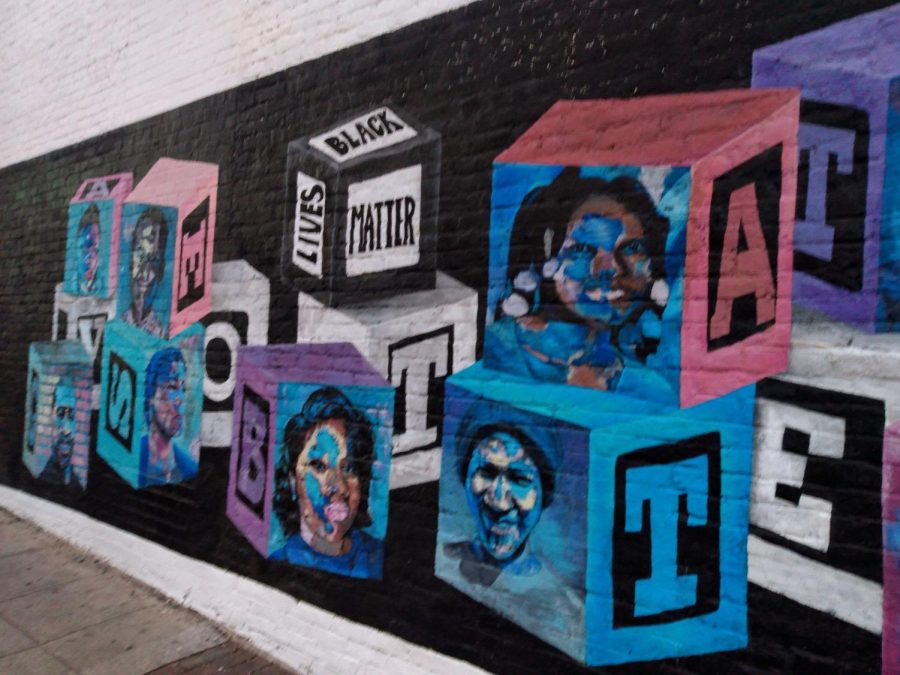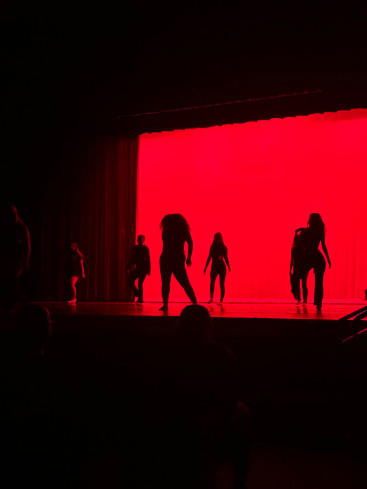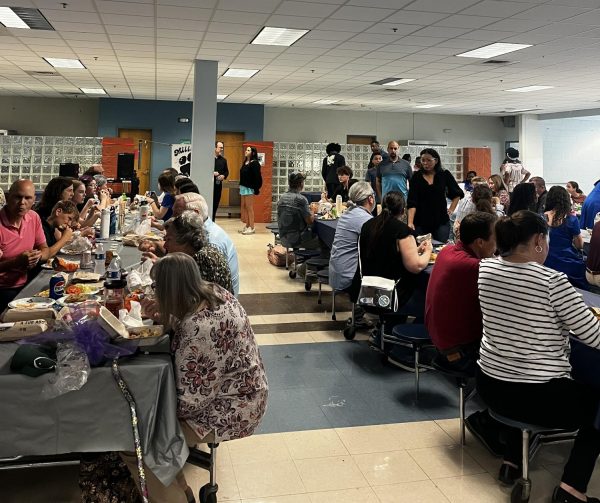Critical Race Theory: The Idea That has Divided the Education System
As discussions about critical race theory sweep through the country it serves to highlight the fundamental differences in the way different groups perceive our history. Regardless of the outcome, discussions about CRT will force people everywhere to reckon with the education system and decide what they believe is the truth.
January 22, 2023
In recent U.S. news, few topics have been as controversial or fraught with disinformation and misunderstandings as the conversation surrounding “critical race theory,” also known as CRT. Politicians from both sides of the political spectrum use CRT as their key buzzword, sparking back up the discussion whenever matters of race and ethnicity inevitably sprout up. Just recently Florida moved to ban the teaching of AP African American studies due to the fact that it “significantly lacks educational value.”
A little over two years ago most Americans likely would have blinked blankly at the mention of CRT, but these days it’s hard to find someone who hasn’t heard of one of the most controversial topics in education in the past century. It would be hard not to have formed some opinion with all the legislation being passed across the country to ban the “evil” that is critical race theory. One side condemns CRT as being a despicable attempt by liberals to indoctrinate children into their “woke” agenda, while the other insists it’s an important foundation to understanding and reckoning with our history.
But what is critical race theory? That’s the thing no one can seem to agree on.
According to Merriam Webster, critical race theory can be defined as: “a group of concepts (such as the idea that race) is a sociological rather than biological designation, and that racism pervades society and is fostered and perpetuated by the legal system) used for examining the relationship between race and the laws and legal institutions of a country and especially the United States.” But that’s just one definition.
Heritage Action for America, a conservative policy advocacy group, says about critical race theory that, “Critical race theory (CRT) makes race the lens through which its proponents analyze all aspects of American life. CRT underpins identity politics, an ongoing effort to reimagine the United States as a nation driven by racial groups, each with specific claims on victimization. Ultimately, CRT weakens the public and private bonds that create trust and allow for civic engagement.”
One user on Urban Dictionary defines it as: “Critical race theory or Can’t be Responsible for Themselves is the theory based on being a victim at all times. This theory perpetuates the idea of being lesser and will never bring one to the realization that only they, themselves, can be their own salvation. See ‘Free Will’.”
In November of 2022 the New York Times states that the six central concepts which underlies everything CRT is built on were: “America is a systemically racist country,” “White people have white privilege,” “White people have unconscious biases that negatively affect non-white people,” “America is built on stolen land,” “America is a patriarchal society,” and “Gender is an identity choice.” (they also stated in this article that despite liberal denial, in a survey they had proven that 80% of participants in a survey of 18 to 20 years olds had testified that they had been taught these concepts in school.)
What makes CRT so hard to define in part is the fact that it’s so controversial and a multitude of other political discussions bank on each party’s beliefs about what it is. In a country that is fraught with arguments over racism and identity, the idea of critical race theory being taught in school to America’s youngest and most impressionable is unthinkable to some, necessary to others. Even in cases where agreements can be made over what critical race theory is, people are not necessarily able to agree about whether it should be taught, if it should be taught, and how harmful or helpful its teaching is.
When asking students and teachers at Millbrook about what they know critical race theory to be, this disagreement becomes all the more stark. Some people have very solid ideas about what it is, while others aren’t quite sure. Junior Mia Shoun stated that she thought CRT taught “That racism is embedded in our society. I think that’s like the idea behind it.” Meanwhile, AP Human Geography teacher, Mr. Lawless, says “To me it seems to be examining the true role race has played, and continues to play, in American culture.”
Mr. Grow, who teaches IB History of the Americas as well as Lessons in Vietnam, placed a lot of emphasis on who critical race theory is being taught to in his definition, saying “It’s a very advanced graduate level legal theory that examines race and its role in society.”
Regardless of what critical race theory means, it has proved to be highly controversial. Edweek provides a map of where in the United States critical race theory is under threat due either to passed or pending legislation. The majority of states have already seen bills addressing hit the floor for debate, with a majority of the states passing bills regarding CRT being grouped in the South. Most of these bills, rather than being labeled CRT bills, used language such as “divisive topics” in order to quell some protest, but these laws have still met large amounts of push back and support across the United States. As of February 1, 2022 36 states have, or have made efforts, to “restrict education on racism, bias, the contributions of specific racial or ethnic groups to U.S. history, or related topics” while 17 have made efforts to expand coverage on these topics. In North Carolina specifically Governor Cooper vetoed a bill that sought to censor discussions about race in the classroom back in 2021.
Discussions are still ongoing about what critical race theory is, whether it’s right or wrong, and who it’s being taught to. For now though it seems that the best option is to spend some time educating yourself in order to come to your own conclusions about what critical race theory is, and what to do about it.












